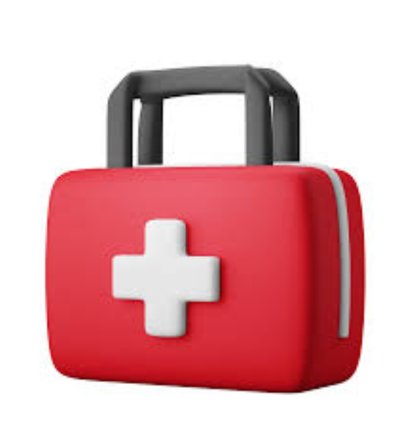Medical First Aid Course Details
- Home
- Course Details
Courses
Medical First Aid
Medical emergencies can strike at any time, and having the knowledge and skills to respond swiftly can make all the difference. Enrolling in a Medical First Aid course equips individuals with the essential skills needed to provide immediate and effective assistance in times of crisis. This comprehensive guide explores the importance of such courses, what participants can expect to learn, and the invaluable impact these skills can have in emergencies.
Medical emergencies can strike at any time, and having the knowledge and skills to respond swiftly can make all the difference. Enrolling in a Medical First Aid course equips individuals with the essential skills needed to provide immediate and effective assistance in times of crisis. This comprehensive guide explores the importance of such courses, what participants can expect to learn, and the invaluable impact these skills can have in emergencies.
The Importance of Medical First Aid Courses:
Medical First Aid courses play a crucial role in building a community's resilience by empowering individuals to respond confidently to various emergencies. From minor injuries to life-threatening situations, these courses cover a range of scenarios, ensuring participants are well-prepared to handle diverse medical incidents. The ability to administer immediate aid can significantly improve outcomes and even save lives before professional help arrives.
Key Learning Objectives:
-
Basic Life Support (BLS): Participants learn the fundamentals of cardiopulmonary resuscitation (CPR) and automated external defibrillator (AED) usage. BLS skills are essential for reviving someone experiencing cardiac arrest, making them a cornerstone of any Medical First Aid course.
-
Wound Care and Bleeding Control: Understanding how to assess and manage wounds is a critical aspect of first aid. Participants learn to apply proper bandages, control bleeding, and recognize signs of infection, ensuring optimal wound care in various situations.
-
Medical Emergency Assessment: Trainees acquire the ability to assess a medical emergency quickly and accurately. This includes recognizing signs and symptoms of common illnesses, such as heart attacks, strokes, and allergic reactions, allowing for prompt and appropriate responses.
-
Fracture and Sprain Management: Participants learn to recognize and provide initial care for fractures and sprains. Immobilization techniques and the proper use of splints are covered to minimize further injury and promote a safer environment until professional medical help is available.
-
Choking Response: Knowing how to assist a choking victim can be a life-saving skill. Courses cover techniques for relieving airway obstructions in both adults and infants, ensuring participants can act confidently in such critical situations.
-
Emergency Medical Services (EMS) Interaction: Understanding how to interact with emergency medical services is crucial. Participants learn how to communicate effectively, provide relevant information, and assist EMS personnel upon their arrival.
Real-World Applications:
The knowledge gained from a Medical First Aid course extends beyond theoretical concepts, with hands-on training providing practical skills. Participants engage in simulations and scenarios that mirror real-world emergencies, fostering a sense of preparedness and confidence in applying learned techniques.
In a world where medical emergencies can occur unexpectedly, being equipped with the skills taught in a Medical First Aid course is invaluable. These courses not only empower individuals to respond effectively in crises but also contribute to building safer and more resilient communities. By investing in the knowledge gained from such courses, participants become crucial first responders, capable of making a positive impact in the lives of those in need. Enroll today, and take the first step towards becoming a confident and capable medical first aider.
